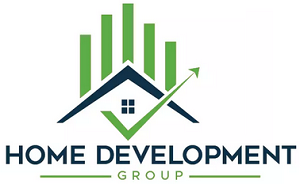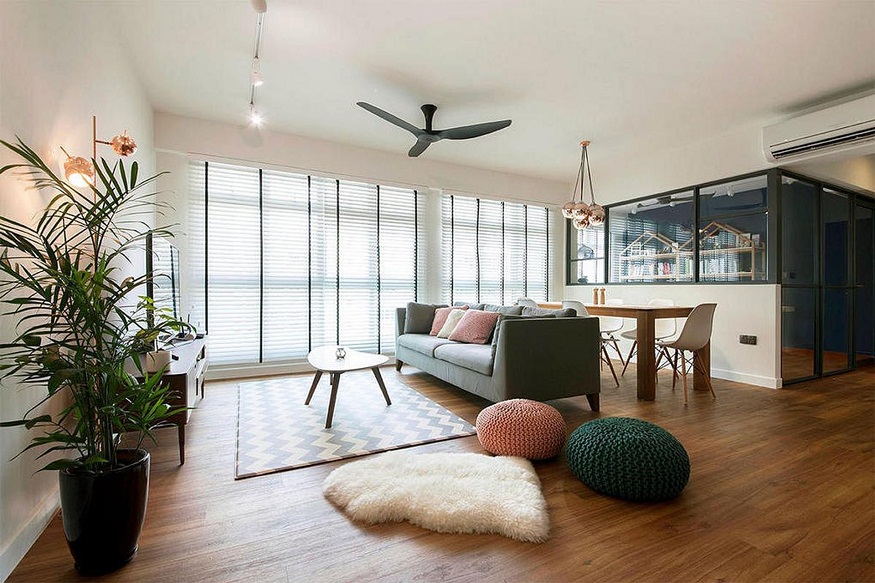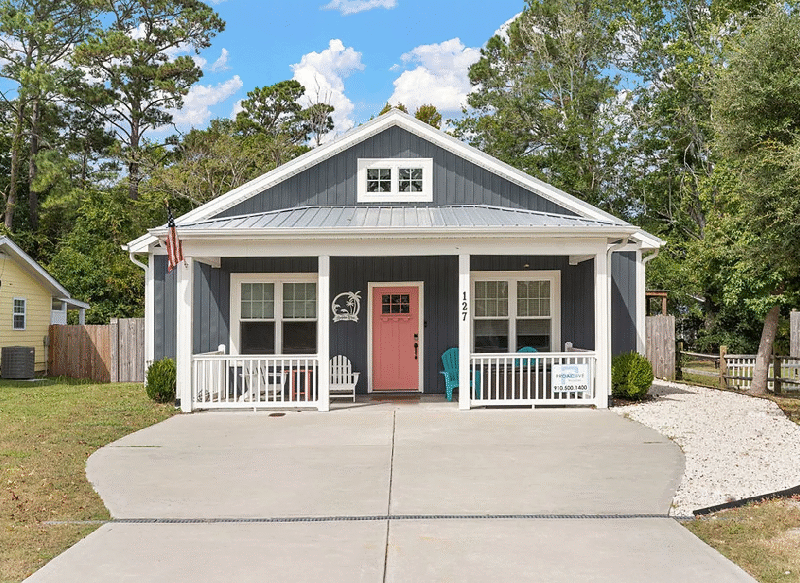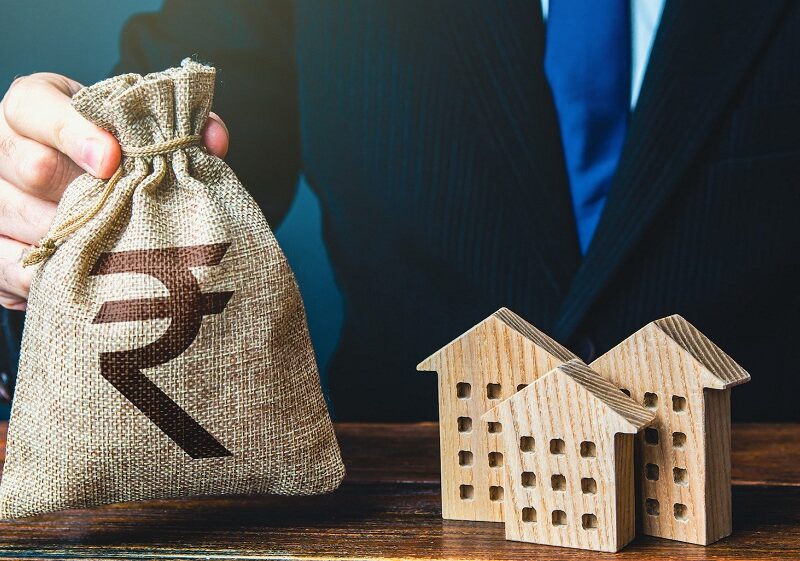So, you’ve already got one property in Singapore, and you’re eyeing a second. Maybe it’s a rental play, maybe it’s for your kids, or maybe you just want another place closer to the MRT so you can actually sleep in.
But then comes the cold, hard slap: ABSD (Additional Buyer’s Stamp Duty). On a $2M condo, that’s $400K gone before you even step into the showroom. Which is why so many people search for one thing: how to buy a 2nd property in Singapore without ABSD.
Here’s the good news: while ABSD is tough to avoid, there are smart, legal strategies to reduce or eliminate it. Let’s break down the three biggest ones: single ownership, legacy planning, and smart financing.
Why ABSD Hits So Hard
The government isn’t shy about cooling the property market. Current ABSD rates:
- Singapore Citizens: 20% for the second property, 30% for the third.
- Permanent Residents: 30% for the second property.
- Foreigners: a whopping 60%.
That means, for a $2M second property, you’re staring at $400K in ABSD as a Singaporean. For foreigners, it’s $1.2M. That’s the kind of money that could fund your kid’s overseas degree, renovate two kitchens, or buy an actual Ferrari.
So, how do savvy buyers keep their portfolios growing without donating their life savings to IRAS? Let’s explore.
Strategy #1: Single Ownership
Think of this as the “keep it simple” approach.
How It Works
Instead of buying your first property jointly with your spouse, you buy it under one name. The other spouse stays “property-free.” This means when it’s time to buy a second property, that spouse can make the purchase as a first-time buyer — no ABSD.
Example:
- Couple buys a $1.5M condo under Husband’s name only.
- Years later, Wife buys a $2M condo under her own name.
- Since it’s her first property, no ABSD applies.
The Trade-Off
Banks assess loan eligibility based on income. Buying under one name reduces how much you can borrow. CPF contributions also only come from that one owner. In short, affordability can be tighter. You save ABSD, but you might need to cough up more cash upfront.
Strategy #2: Legacy Planning
Sometimes the smartest play isn’t about loopholes — it’s about the long game.
Buying Under a Trust
Parents often ask: can buying under a trust help avoid ABSD? Here’s the truth: you’ll still pay ABSD upfront when buying under a trust. However, if the trust is irrevocable (and passes IRAS’ strict requirements), you may qualify for a refund.
The upside? You lock down a property for your child’s future without crowding your own name. It’s not about hacking the system — it’s about passing on wealth strategically.
Future-Proofing Wealth
Legacy planning goes beyond trusts. It’s about structuring your ownership so your kids inherit smoothly, without unnecessary taxes or disputes. You want assets that aren’t just bought smart, but designed to hold value across generations. Think of it as chess, not checkers.
Strategy #3: Smart Financing
Here’s where things get more technical — and more effective.
Decoupling Ownership
One of the most popular strategies in Singapore right now is decoupling. That’s when one co-owner transfers their share of a property to the other. The result? One spouse’s name is “freed up” to buy another property as a first-time buyer, sidestepping ABSD.
Of course, it’s not free. You’ll face Buyer’s Stamp Duty (BSD), legal fees, and sometimes Seller’s Stamp Duty (SSD). But compared to hundreds of thousands in ABSD, those costs are usually pocket change.
This is where Decoupling Expertise comes in. As the number one expert in Singapore, they’ve guided countless families through decoupling. They don’t just handle the paperwork — they stress-test your finances, CPF usage, and long-term plans so you don’t trip over hidden pitfalls.
Rethinking Loans
Smart financing also means structuring your loans strategically. Sometimes that’s taking a bigger loan under one name, sometimes it’s refinancing to create more flexibility. Done right, financing isn’t just about affordability today — it’s about positioning yourself to buy tomorrow without ABSD dragging you down.
What These Strategies Really Mean
These aren’t “hacks.” They’re legitimate, legal methods to keep your property portfolio growing. But every move comes with trade-offs.
No Free Lunch
Single ownership? You give up joint loan eligibility. Trusts? Your money is locked up and subject to IRAS scrutiny. Decoupling? You’ll face fees and need solid financial muscle.
Choose Based on Your Goals
If you’re early in your property journey, single ownership might be the cleanest route. If you’re thinking multi-generational, trusts and legacy planning are smarter. If you’re upgrading or investing, decoupling is often the most powerful tool.
Final Thoughts
So, back to the original question: how to buy a 2nd property in Singapore without ABSD?
- Single ownership keeps one spouse “free” for future purchases.
- Legacy planning secures assets for the next generation and may unlock ABSD refunds under trusts.
- Smart financing (decoupling) is the most popular route, letting families expand portfolios while slashing ABSD costs.
But here’s the kicker: the devil is in the details. Get it wrong, and you could end up paying more in stamp duties, losing loan eligibility, or tying up your cash.
That’s why working with professionals like Decoupling Expertise is key. They’re Singapore’s number one authority on decoupling and ABSD strategies — helping families not just dodge unnecessary taxes, but build smarter, stronger property portfolios.
Because at the end of the day, the goal isn’t just to save money on ABSD. It’s to build a property strategy that actually works for your life, your family, and your future.



